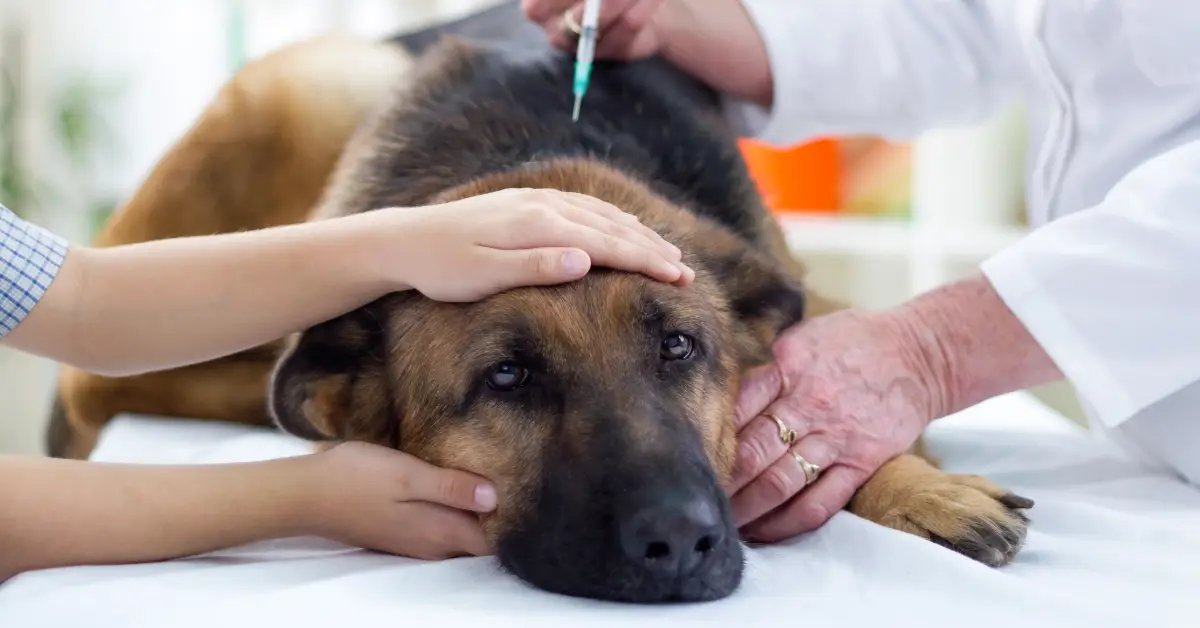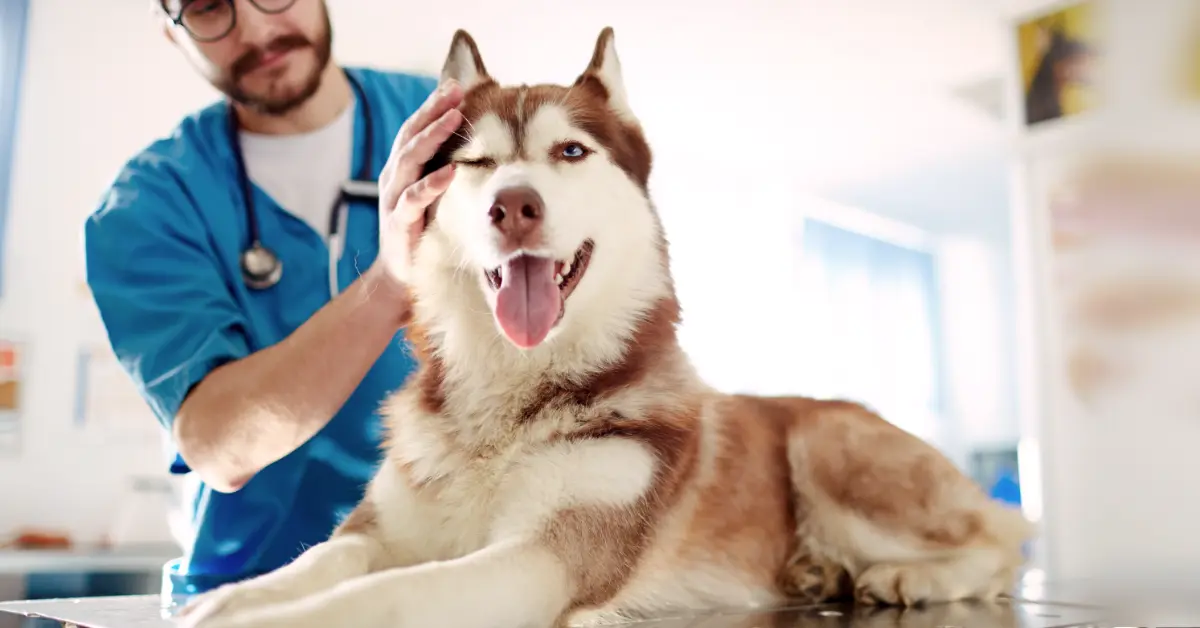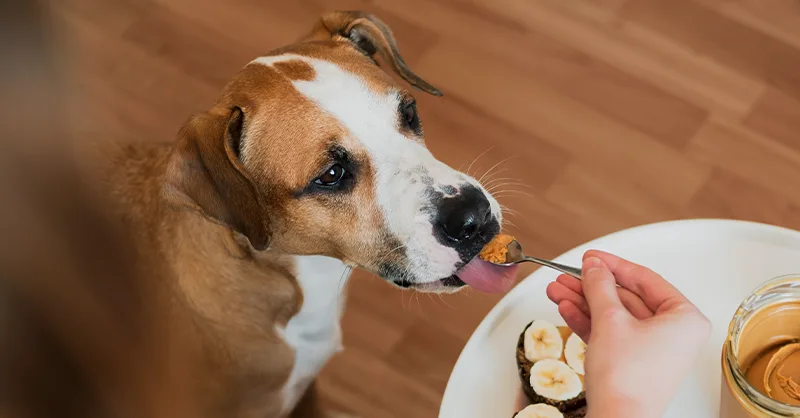All Our Articles on Dog Health

Should I Vaccinate My Service Dog?
Yes, you should vaccinate your service dog, as they are required by many state and local laws to be vaccinated, just like a pet dog.... Read more

Can You Deduct Service Dog Veterinary Bills on Your Taxes?
Yes, service dog vet bills are tax-deductible medical expenses. Food, grooming, training costs, and equipment all qualify, too. The only catch is that your dog... Read more

Benefits of a Raw Food Diet for Dogs
Diet is a very important part of keeping your dog healthy. There have been many articles about dog food made in China that had harmful... Read more


